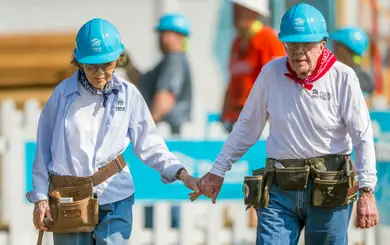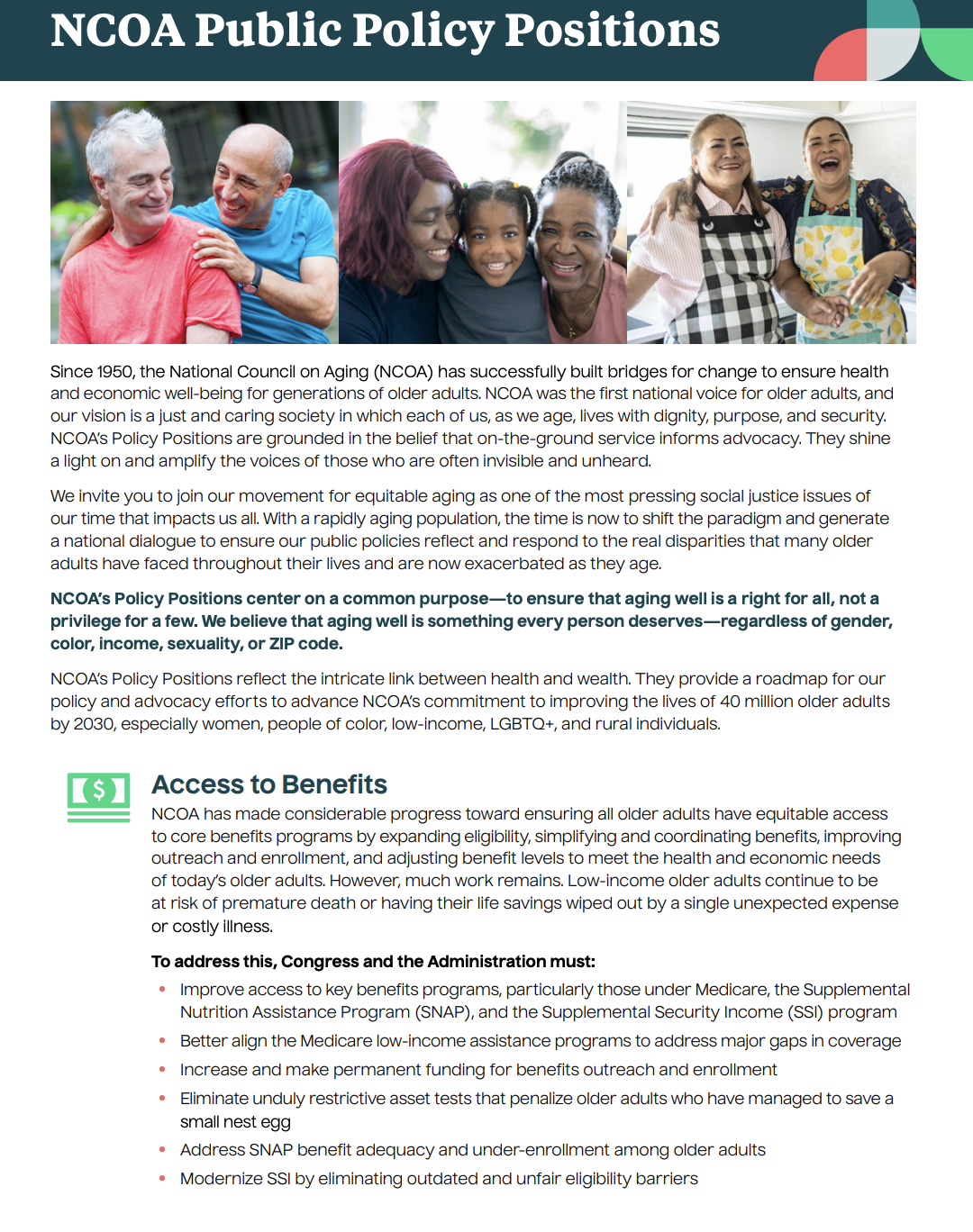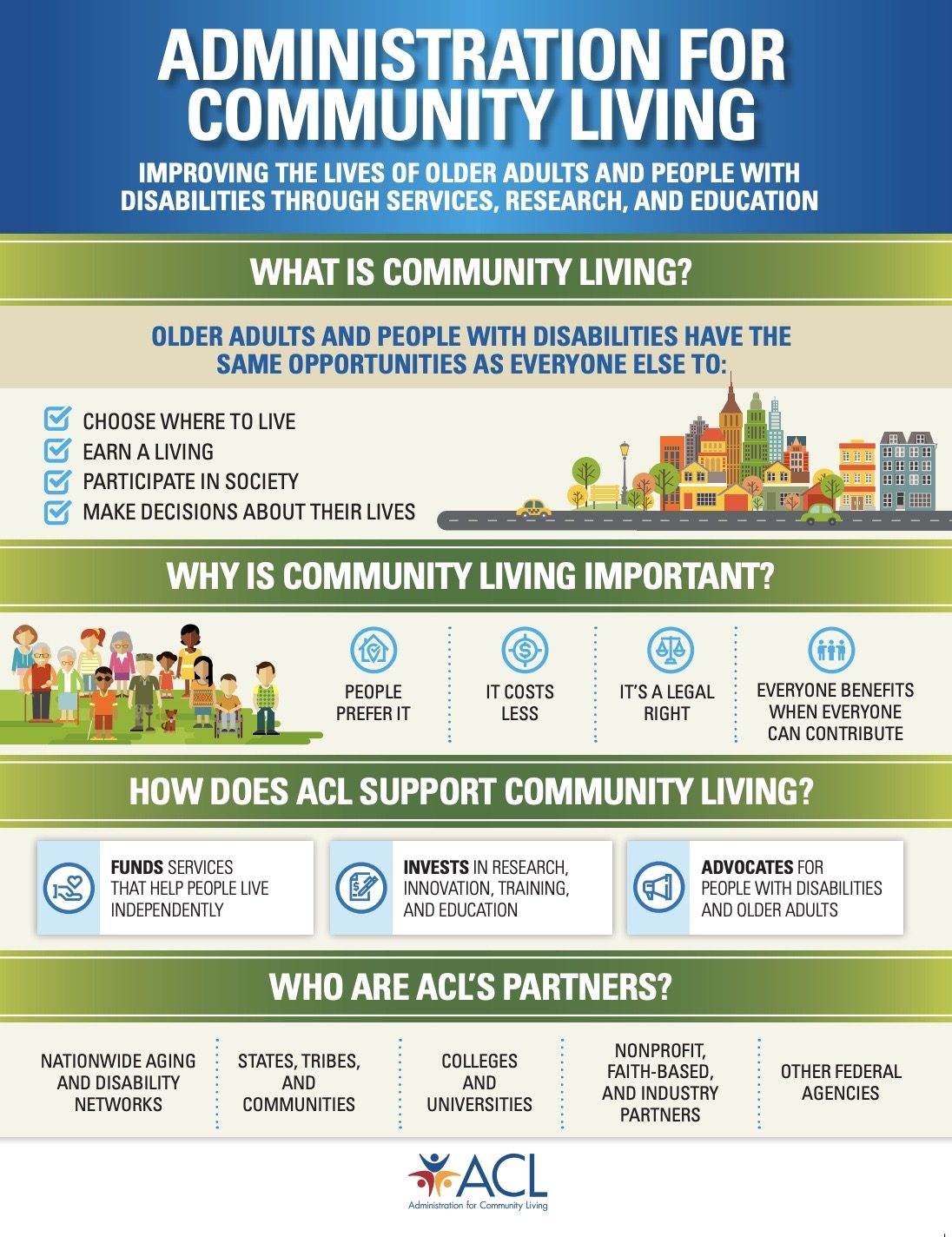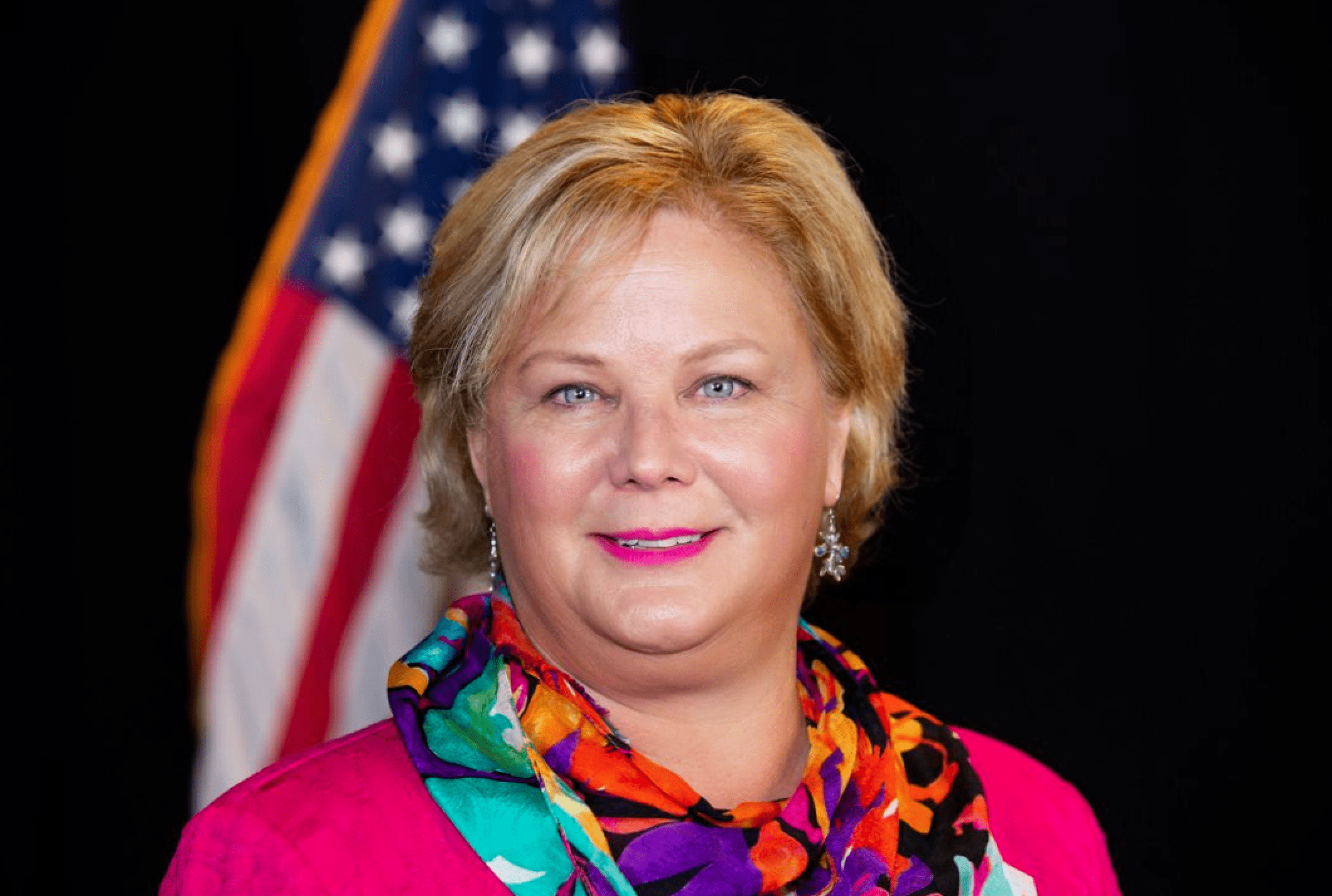
Innovation in Long-Term Care
Aging Issues Across the Globe
Populations across the globe are growing older, fast. Asia leads the other continents with the most notable shift of rising life expectancy and dropping birth rates. This trend was decades in the making with the one child policies and rising industrialization. Demographers and economists point to so many countries where expanding opportunities for women lead to declining birth rates and high standard of living for all. This century adds other dimensions to this shift such as climate change and natural disasters, epidemics, and violence. So why do we continue to use policies and programs built for another time and population?
Age With Dignity and Service
There is so much work to be done to fix today’s problems. My wish is every American senior adult would volunteer or engage to benefit future generations. One example is the Former President and First Lady Carter. I hold the Carters in very high regard. They are servant leaders undeterred by the political storms that shift and tear at our country. However, if the Carters has continued as peanut farmers in rural Georgia, I predict their aging experience would be much different.Please join me in wishing President Carter a peaceful passing as he spends his last days in hospice care at home.

Inequality Leads to Health Inequities
The reality is our opportunities, talents, and resources are not equally distributed. Tremendous inequities send individuals born on the same day into separate worlds, life experiences, and aging journeys. We are living the results of these inequities as 10,000 baby boomers turn 65 everyday until year 2030 ends. In addition, the health labor shortage is creating a scarcity in residential care and straining our acute care hospitals. With limited state Medicaid funding for low-income seniors living, our nation is rapidly dividing the have and have nots in long-term care.
Care Complexity as the Excuse for Inaction
Time and again, long-term care legislation gets abandoned in committees never making it to the house and senate floor for a vote. In 2015, I met with former Senator Bill Nelson, who headed the Senate subcommittee on aging and asked him why national long-term care act is difficult to enact I remember the look on his face of total exasperation as he said, ‘it’s too complex’ and ‘Congress doesn’t have the will to undertake the change that we need.’

Medicare Advantage Outperforms Original Medicare
The federal government is modernizing aging care under Medicare. The Medicare Advantage (MA) legislation of 2019 was a huge improvement focusing on the social determinants of health as legitimate medical needs. This change and others are spurring innovation to address health inequities and save money. The legislation states “the benefit must diagnose, prevent, or treat an illness or injury; compensate for physical impairments; act to ameliorate the functional or psychological impact of injuries or health conditions; or it can reduce avoidable emergency and healthcare utilization.“
Researchers from the Wakely Consulting Group studied MA and original Medicare performance compared for the American Health Insurance Plans (AHIP). According to the findings, MA plans were selected by half of racial and ethnic minorities and had greater ethnic diversity than traditional Medicare. About nine million MA insured live below the federal poverty level. MA enrollees were more satisfied with their care. Lastly, MA plans outperformed original Medicare on all sixteen clinical quality measures.
Let’s get real here, many of the same providers and facilities sign contracts with Medicare and MA companies. I question that MA insureds are getting different care than original Medicare patients. In my humble opinion, that difference here is MA plans focus on the whole person and community in addressing the social determinants of health and overcoming the health inequities in our system. MA plans are innovators. They use data and technology to proactively identify and aggressively address the social needs to reduce the need for more costly and intensive skilled care. MA plans are paying utility bills, providing transportation, and home delivered healthy meals, addressing home safety needs, and using staff to coordinate care.

Innovation and Data Sharing are Key to Successful Long-Term Care
The Commonwealth Fund released a new study comparing long-term care systems of other developed nations to the USA. The authors highlight that other wealthy countries embrace comprehensive and affordable long-term care innovation. According to the research, one-third of all seniors will require some form of long-term care costing well over one-hundred thousand dollars today. Workforce shortages further restricts the supply of skilled care and drives up the cost of care. We need a stable funding mechanism that doesn’t rely on family caregivers and seniors ‘pulling themselves up by their bootstraps.’
MA is transforming original Medicare. Home and community-based services (HBCS) can transform Long-Term care as well. The Administration for Community Living, which sits at the intersection of many federal Centers, is the right leader for national long-term care. The change is happening, slowly. I encourage all HBCS, private and public agencies and insurance companies to commit to collecting and sharing client SDOH data. The Trusted Exchange Framework and Common Agreement is a huge development to this end. The CMS Social Determinants of Health screening tools for food insecurity, housing and homelessness, transportation, utility and home repair, exploitation and neglect of vulnerable people are free to use The TEFCA framework is the trusted information exchange for sharing the findings and coordinating services. It is my hope that HBCS are ready for this transformation. National Council on Aging released a roadmap for the change, NCOA Public Policy Statement.
Let’s get to work!



